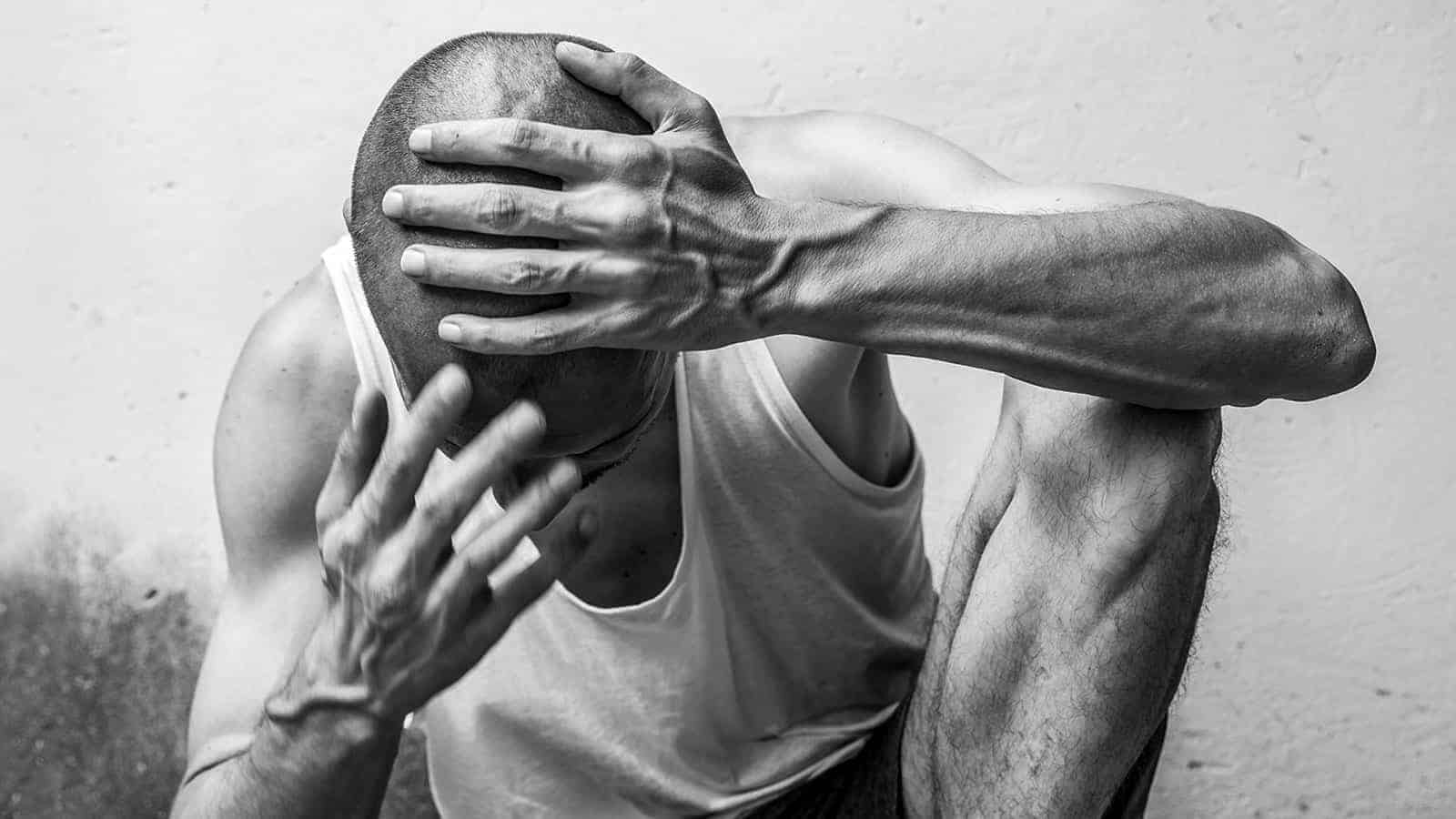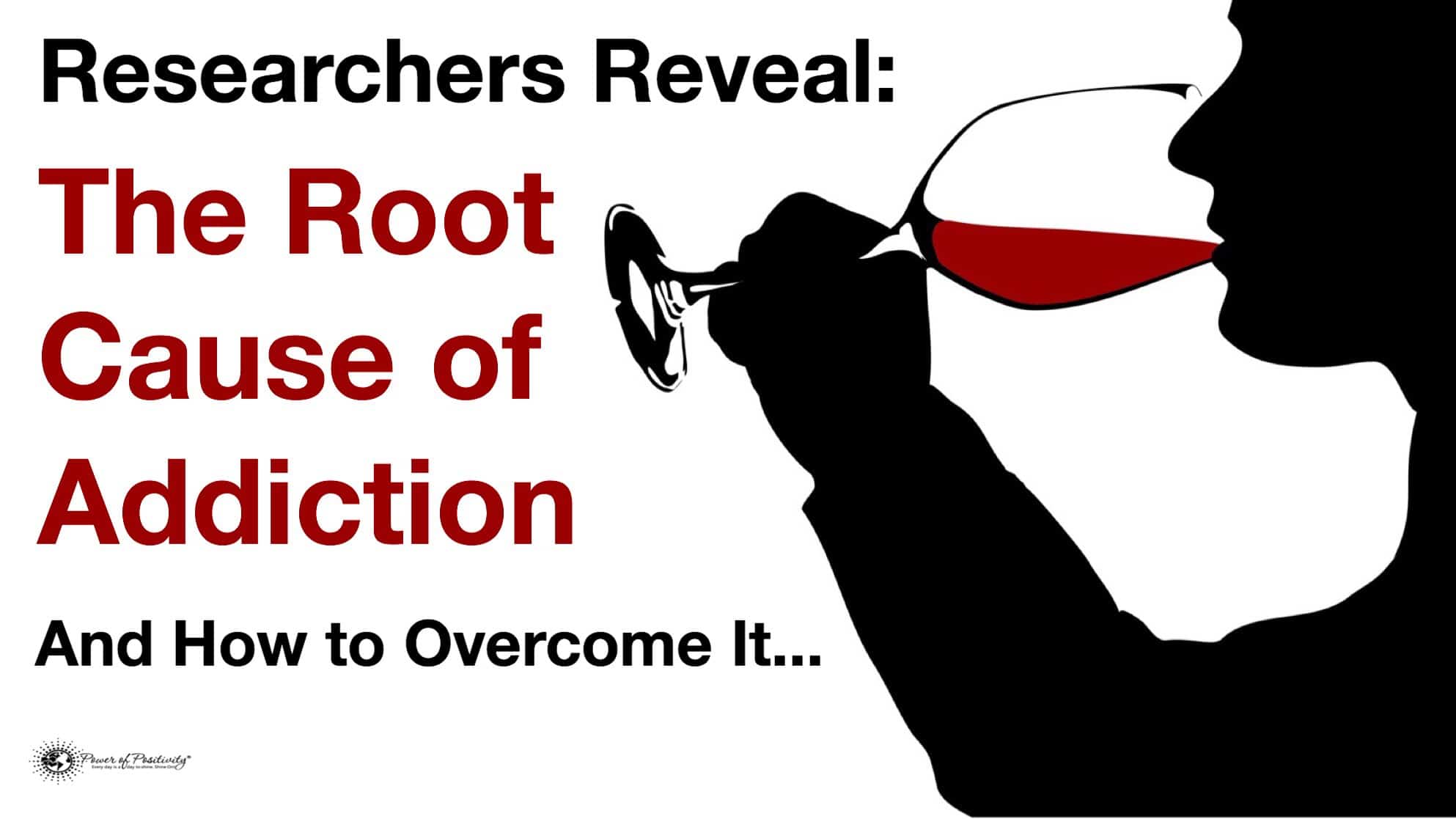Do you fear that someone you know or love is in dire need of an intervention? If so, know that you do not stand alone in this.
Drug addiction has become an epidemic in our society. Most users try to self-medicate their physical or emotional pain away. Sadly, they end up making the situation worse by adding addiction to the mix. Shockingly, more than 10 percent of all Americans will suffer from a drug or alcohol dependency at one time in their life.
Substance abuse issues can happen to anyone at any time. No one is safe from the clutches of addiction. You will see a very public struggle from high-profile celebrities, but it can also affect local government and even medical professionals. When the pain of life gets to be too much to handle, many turn to drugs to ease their pain.
Unfortunately, once a person starts down the road of alcohol or drug abuse, it can cause untimely death. Famous stars such as Michael Jackson, Elvis Presley, Amy Winehouse, and Anna Nicole Smith, are just a few celebrities that have passed from addiction. What can friends or family members do to help?
There are many substances that a person can find they’ve developed an addiction too. The most used drugs are heroin, cocaine, alcohol, and prescription medications. It’s often difficult for you to see an addiction until it has gone to a dangerous level.
Sadly, someone who has been involved in drug or alcohol abuse often becomes a master at hiding their addiction. As the substance abuse issue progresses, these people can become combative, aggressive, and hostile towards anyone who questions their actions. Regardless, they still need the help of those who love them.
Signs You Need to Plan an Intervention and Save a Life
If you feel that your friend or loved one is struggling with drug abuse, then here are ten signs that they need an intervention.
1. Their Judgement Has Become Drastically Impaired
When a person is involved in drug or alcohol addiction, then they may begin to engage in atypical behavior. Is your friend or loved one using poor judgment? Those with addiction seem to do a 180-degree turn in their actions overnight.
It’s essential to keep a close eye on someone whom you suspect is caught in the clutches of addiction. Their fixations may cause them problems with the law and even land them in jail. The drastic turn of events is a loud alarm that something is going on that needs to be investigated.
2. They Prefer to Isolate Rather Than Be with Family/Friends
When your friend or loved one is dealing with alcohol abuse, they may want to close themselves off from the rest of the world. It’s not that they don’t love you and want to be around you; it’s that their addiction is making them separate from those who might catch on to their actions.
One of the first signs that someone needs help is they begin to isolate themselves from others. If they were once a social person and now seem to be absent from their inner circle, then it can be a sign they need an intervention. As the clutches of addiction grows more substantial, the person’s primary goal will be to find their next fix.
Have you noticed that they are ignoring your invitations to family get-togethers or missing grand celebrations? It’s time to step in and try to help.
3. They Have Violent Mood Swings
Addicts can be very unpredictable in their behavior. It’s important to understand that these swings are caused by the drug affecting the brain. One minute they may be having a nice conversation with you and all smiles. However, they can quickly change their entire demeanor.
Dealing with those who are involved with drugs or alcohol can be difficult as they are so unpredictable. It’s essential to keep in mind that they are not choosing to act this way. Instead, the drugs are making them have these negative moods.
When you see a constant shift in the highs and lows of someone’s mood, it needs to be further investigated as it can be a mental illness problem, drug addiction, or both.
4. They Mentally Struggle to Keep Things Straight
Have you seen any signs of cognitive impairment? When someone is involved with drug or alcohol abuse, they may begin to have periods where they cannot recall certain things. It’s a sign that the addiction has become serious as the drugs or alcohol is messing with their brain function.
It’s important to stage an intervention immediately. Since there is cognitive impairment, it means the addiction is severe and warrants professional help.
5. They’ve Become Very Irresponsible
When dealing with addiction, the person is fixated on getting their next dose. Priorities that once took center stage in their lives slowly begin to fade away. They may start calling off work often, forget to pick their children up from school, and avoid paying household bills.
If you see them doing anything that can affect a child’s safety, then you must step in and help right away. While it might involve an intervention, it probably also warrants a call to the child protective services agency in your area. Many children die at the hands of a drug or alcohol-addicted parent.
6. They’re Always Sick
Many addicts will try to kick the habit without professional help. If they are strong, they may be able to pull it off. However, you may see them experience something like:
•Increased Anxiety
•Migraine Headaches
•Excessive Sweating
•Fatigue
•Nausea and Vomiting
It’s easy to brush off these things like the flu or another illness. However, you need to keep a close eye on them as these could be the signs of a debilitating withdrawal. There can be both psychological and physical dependency on a drug, and you need to watch for the signs that they need help.
7. They’re Always Hurting Themselves
Some people are more accident-prone than others. However, if you notice that your friend or loved one is having an increased number of accidents or injuries, then it could indicate that they have an addiction issue. Since drugs in the opiate family numb pain and bodily sensations, they may not be able to feel their injuries like the typical person.
Alcohol and drugs both will dull the senses, so they are more prone to becoming injured. They should never get behind the wheel of a car when they are in this state. Not only is their life in danger, but they can put others in danger too.
Additionally, a person with constant accidents may avoid going to the doctor even if it’s necessary. They will do anything that helps to keep their secret hidden. If you notice that they are always getting hurt, then you need to investigate the matter.
8. Their Appearance is Unkempt
There aren’t many visible signs of addiction. However, as substance abuse progresses, you may see that their outward appearance becomes a bit disheveled. They may have greasy hair, haven’t showered in days, and you might see their teeth begin to rot away.
If a person was especially kempt in their appearance and suddenly begins to have issues with hygiene, then it’s a sign that you may need to do an intervention. Keep in mind that one of the hallmarks of mental illness is that personal hygiene seems to fall by the way. If your loved one always looks like they have just crawled out of bed, then it’s time to find out what’s going on.
9. They’ve Started Hanging with a Rough Crowd
There’s an old saying that states that “birds of a feather flock together.” When you have a friend or relative that is into bad things, they will look for people with like interests. They will avoid those who are don’t agree with their substance abuse issues.
One of the hallmark signs of addiction is that a person will ditch their faithful friends for those who are kindred spirits. In many instances, the people they hang with are drug dealers and other addicts who share their burdens. Sadly, these relationships only worsen the addiction and show the need for an intervention.
10. Their Tolerance for Drugs or Alcohol Increases
When a person takes their first sips of alcohol in life, they will find that it quickly gives them a buzz. However, as time goes by, they will need more alcohol to give them the same feelings. You may notice that a friend you have drinks with can drink way more than they once required to feel good.
If they are taking more pills because that nagging headache won’t go away, then it’s a sign that they have developed a tolerance and need more to get the same effects. Additionally, these behaviors scream there is an underlying addiction at play.
Final Thoughts: Staging an Intervention
If you want to confront your friend or loved one about the things you have observed out of the ordinary, then it’s always best to do so with help. Get other friends and relatives together and ask a mediator to help.
Remember, the person in trouble must admit that they have a problem, or you won’t get anywhere with them. You need to have definitive proof and make sure that you tell them all your concerns. The goal is for them to admit they need help.
People with addictions can be quite remarkable at defending their actions. Having a therapist or someone who specializes in these types of interventions is often necessary as it may save their life. The key is to seek the assistance of a professional trained in intervention quickly.





















